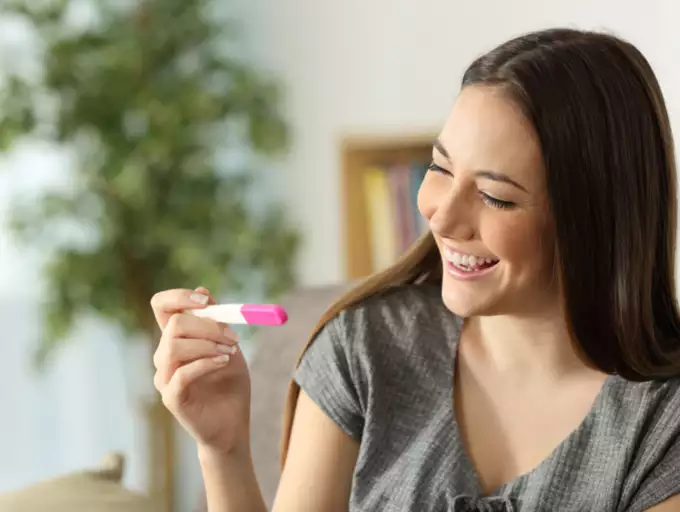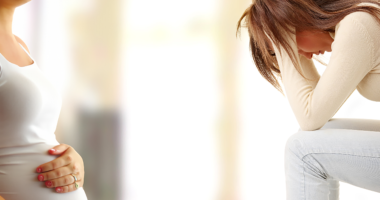This article will discuss evidence-based natural methods to increase fertility in women.
In women, reducing stress and exercising frequently can boost fertility. In men, fertility-boosting actions include limiting alcohol consumption and quitting smoking.

There are also many fertility treatments available for both men and women.
Methods for Women
There are many things a woman can do to increase the chance of becoming pregnant. Below, we look at some of these methods.
Reducing Stress
Stress can reduce fertility in women.
Alpha-amylase is a biomarker of stress that scientists can measure in saliva samples. A 2011 study found that women with high alpha amylase levels were less likely to conceive naturally.
Engaging in stress-reducing activities can increase fertility in women. For example, people who get help and counseling for depression and anxiety are more likely to get pregnant than those who don’t.
Quitting Smoking
Smoking can disrupt hormone levels and cause early menopause.
A systematic review of 11 studies found that smoking has significant associations with early age at menopause. Quitting tobacco can increase fertility in women.
Staying a Healthy Weight
Either being overweight or underweight can reduce fertility in women.
Some research suggests that being overweight can disrupt a range of reproductive processes. This includes the development of the fertilization process and the quality and development of the embryo.
Losing weight can help people overcome some of these problems. A 2014 systematic review suggested that women who are overweight or obese can increase the success of their fertility treatments by losing weight.
However, maintaining a healthy weight is important. Being underweight can also affect fertility. Some research suggests that women who are underweight have a higher risk of uterine abnormalities, infertility, and premature birth.
Increasing Physical Activity
Being physically active can also increase fertility in women.
A study of 50,678 women found that regular, vigorous exercise can lead to later menopause.
Some research has suggested that even moderate exercise has positive effects on fertility. However, excessive exercise without enough calories can cause irregular periods and limit fertility.









